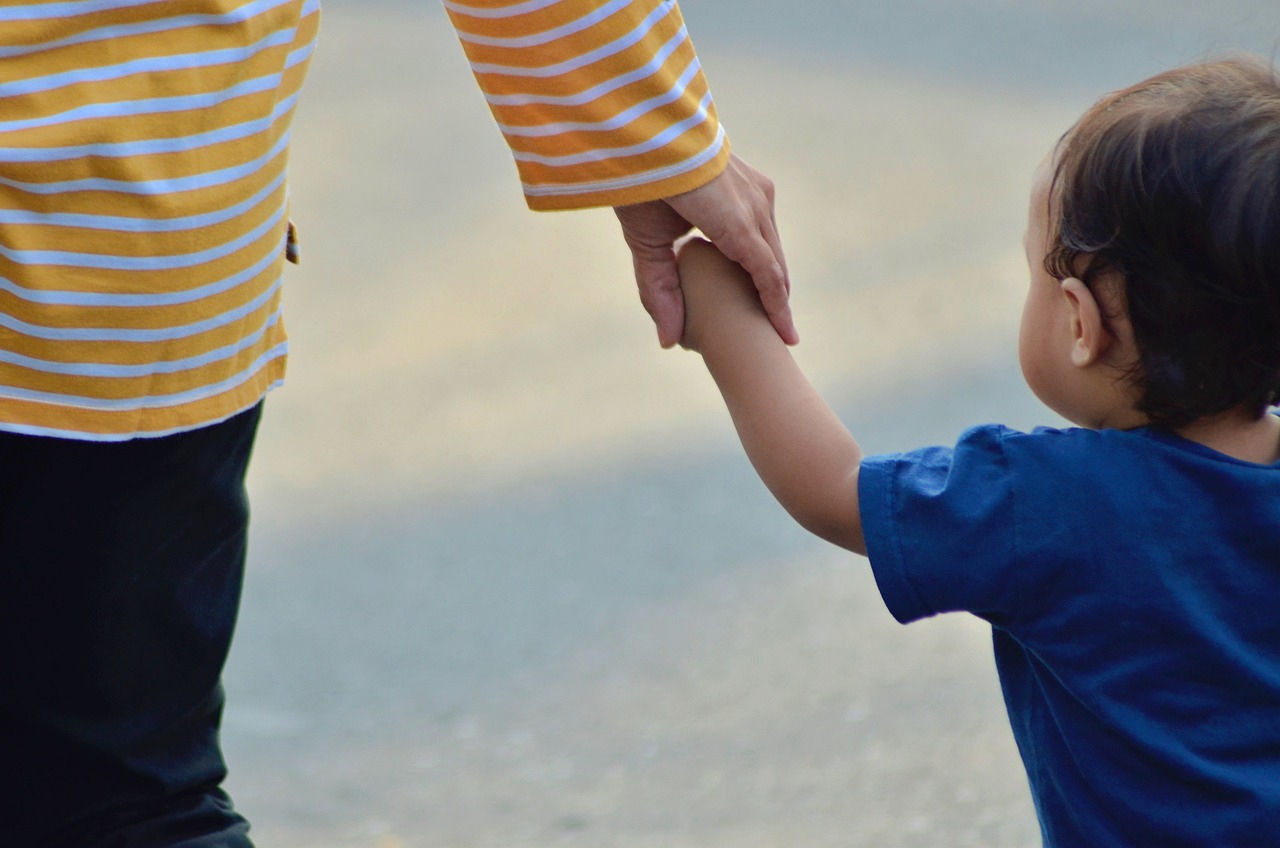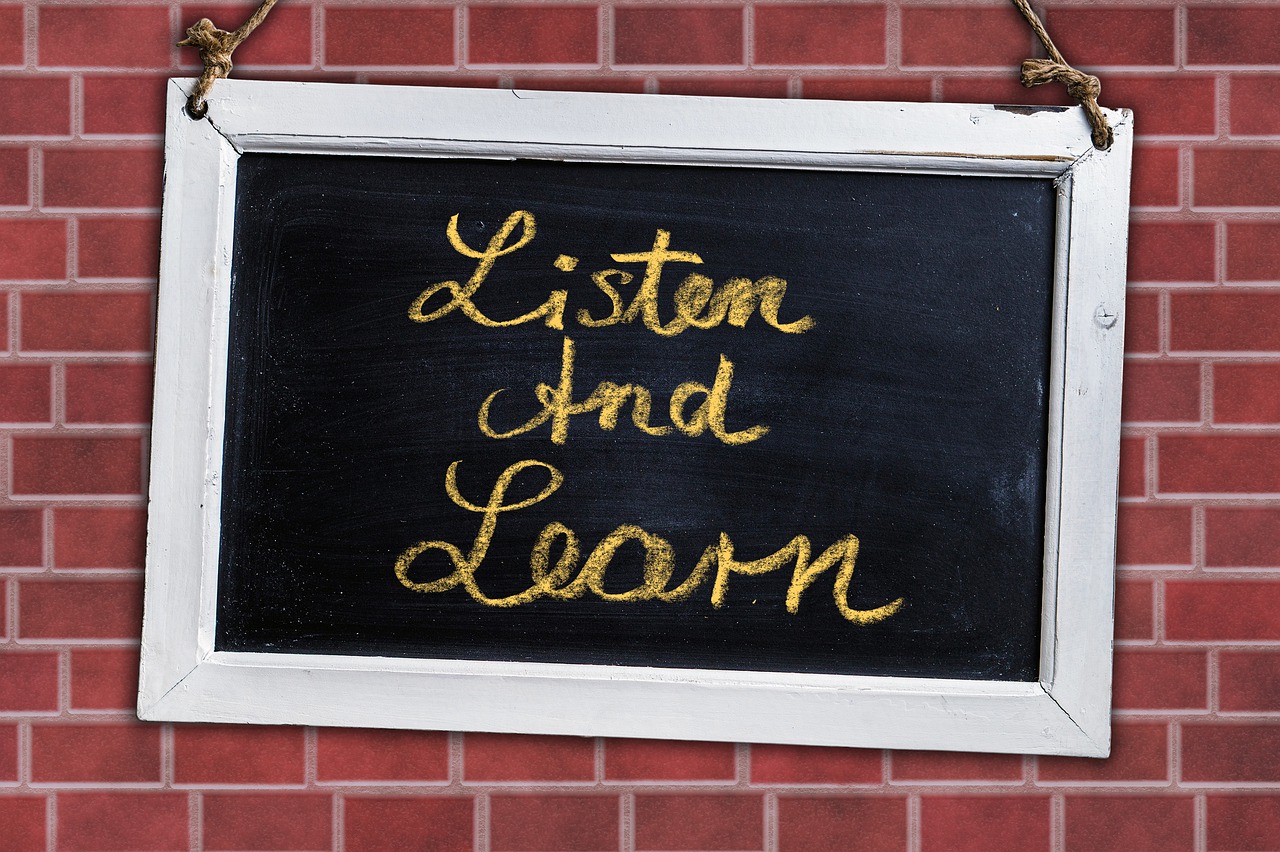A big thank you to adult adoptee Brittany for today’s article. The best way adopters can learn how to support our children understand some of the issues they’ll face as they grow up, is from adult adoptees. Brittany shares some of her experience and that of the adult adoptee community around what they wish had been dealt with better when they were growing up. You can follow her on Instagram @adopteetalks

One of the best things that an adoptee can hear from someone wanting to adopt is “do you have any advice?” This message has popped up in my adoption Instagram direct messages more times than I can count.
I started my page as an outlet for me to learn how to cope with adoption trauma, a trauma I didn’t even know existed until 18 years into my adoption. Don’t get me wrong, my adoptive parents are phenomenal people. My mom is my best friend. But back in 2001 when I was adopted, people weren’t talking about adoption the way they are now. And had they been, my experience could have been a bit better.
Seeing so many prospective adoptive parents contact me asking for advice, I decided to reach out to my growing adoption following on Instagram and get their advice. I had no issue putting my input in, but I am only one person with one experience. I opened the communication up to the community and responses came flowing in.
Interracial adoptees saying that they would have liked to grow up in an urban area, as opposed to being the only person who looks like them in their school. Many individuals commented begging adoptive parents to go to therapy, individual and family. Validation was another big one. Many adoptees feel like they must be silent about their negative feelings, as they’re often times told to feel “grateful” and “lucky” when many of us suffer from severe mental health issues that directly correlate with our adoptions. Validation of those feelings is so important.
The one that really got to me when I was sorting through responses, was the amount of adoptees who mentioned that their adoption was hidden from them. In addition to responding to this prompt posted, many Late Discovery Adoptees (LDA) messaged me individually. Many discussed that they no longer had relationships with their adoptive parents, as they were so hurt and angry that such a huge part of their identity had been hidden from them for so long.
My heart broke at the mere thought of having to find out that information so late in life. Adoption is a huge part of an adoptees identity. We deserve to know where we come from, and make the choice for ourselves if we want to explore our biological roots, with no feeling of guilt attached.
Make a safe space for your child. Reassure them that you will be there with them along the journey. Remind them that it is THEIR story for THEM to share when they are ready. Adoption is exciting for adoptive parents, but adoptive parents need to remember that the sensitive details of how that child came to be part of your family is not their business to share to the world.
My biological parents suffered from drug addiction. But never did my adoptive parents take it upon themselves to add that into conversation with individuals when discussing me or my adoption. It is no one’s business, except the child’s and the adoptive parents. And if the child at some point wants to share that information to people on their own, they can.
Adoption is complicated. It’s hard. It has life long affects on those who are adopted. But as an adoptive parent, you can make it easier. Listen to adult adoptee voices. Validate our experiences. Even if your sister’s co-worker’s daughter adopted and that child is “fine”. Our experiences are real. They’re important. Listening to us will only benefit you in the end and make you the best adoptive parent you can be.

If you’d like read more adoptee experiences, click here


